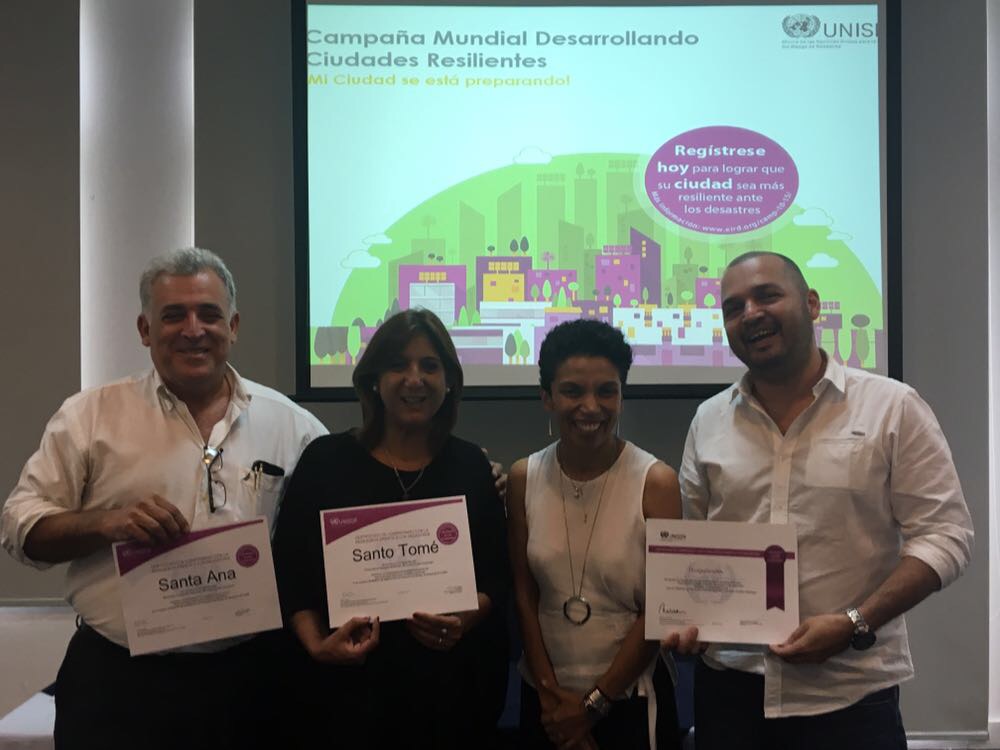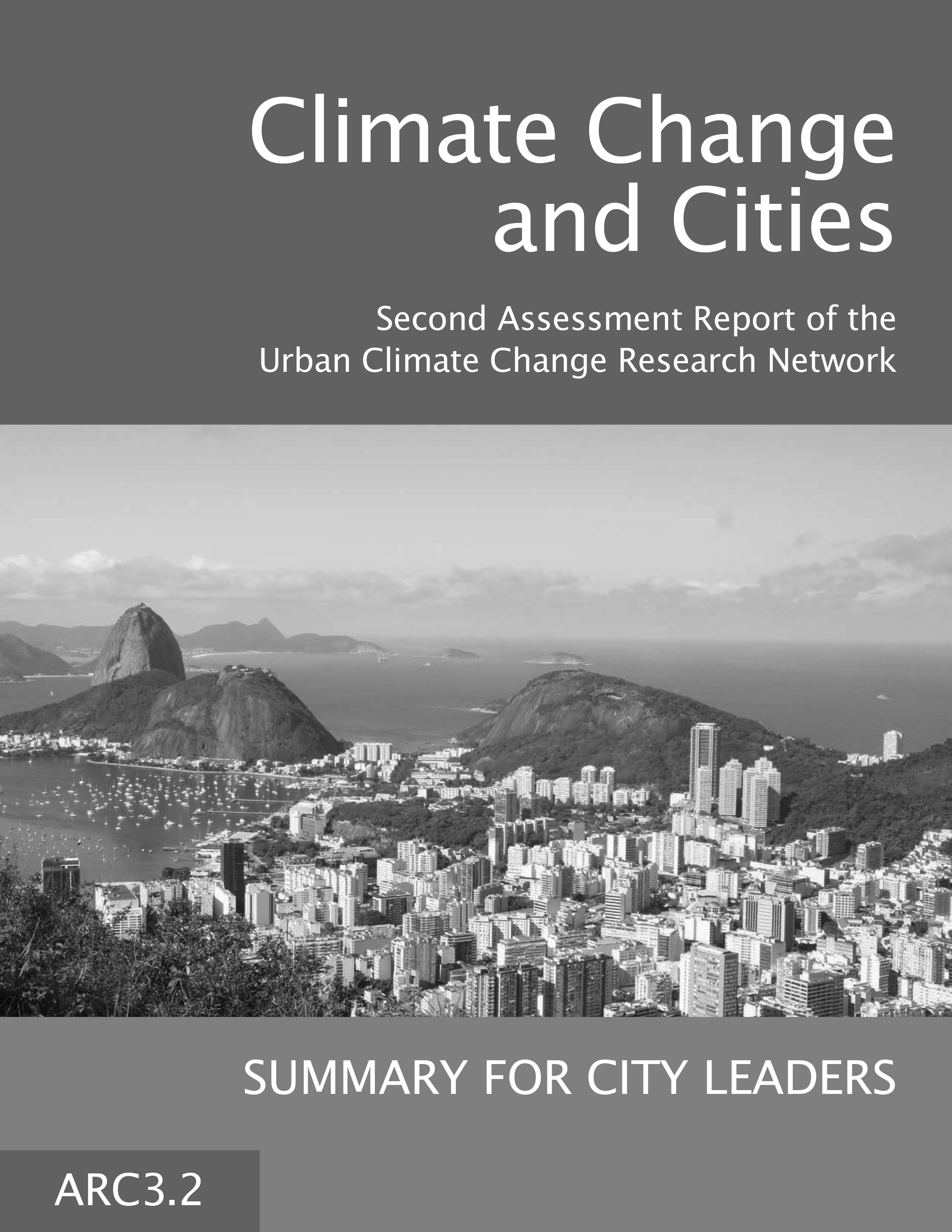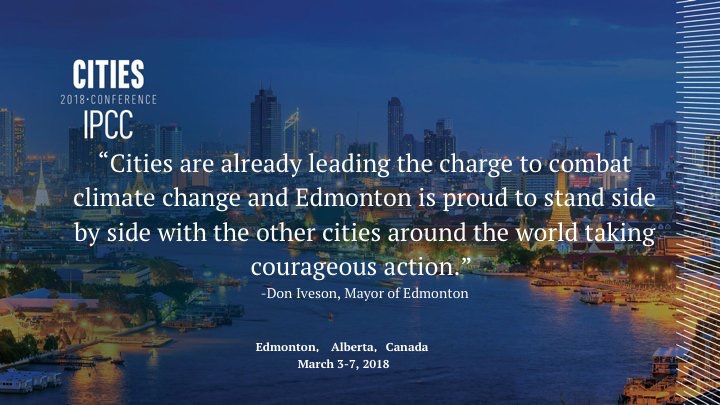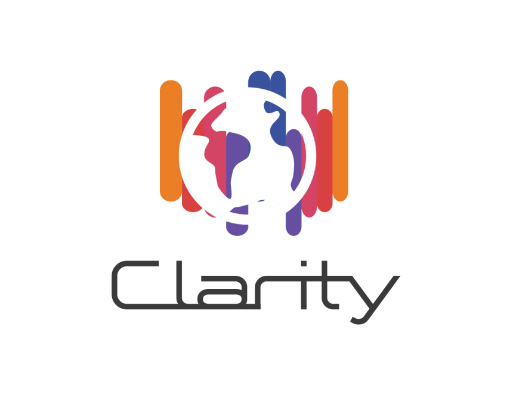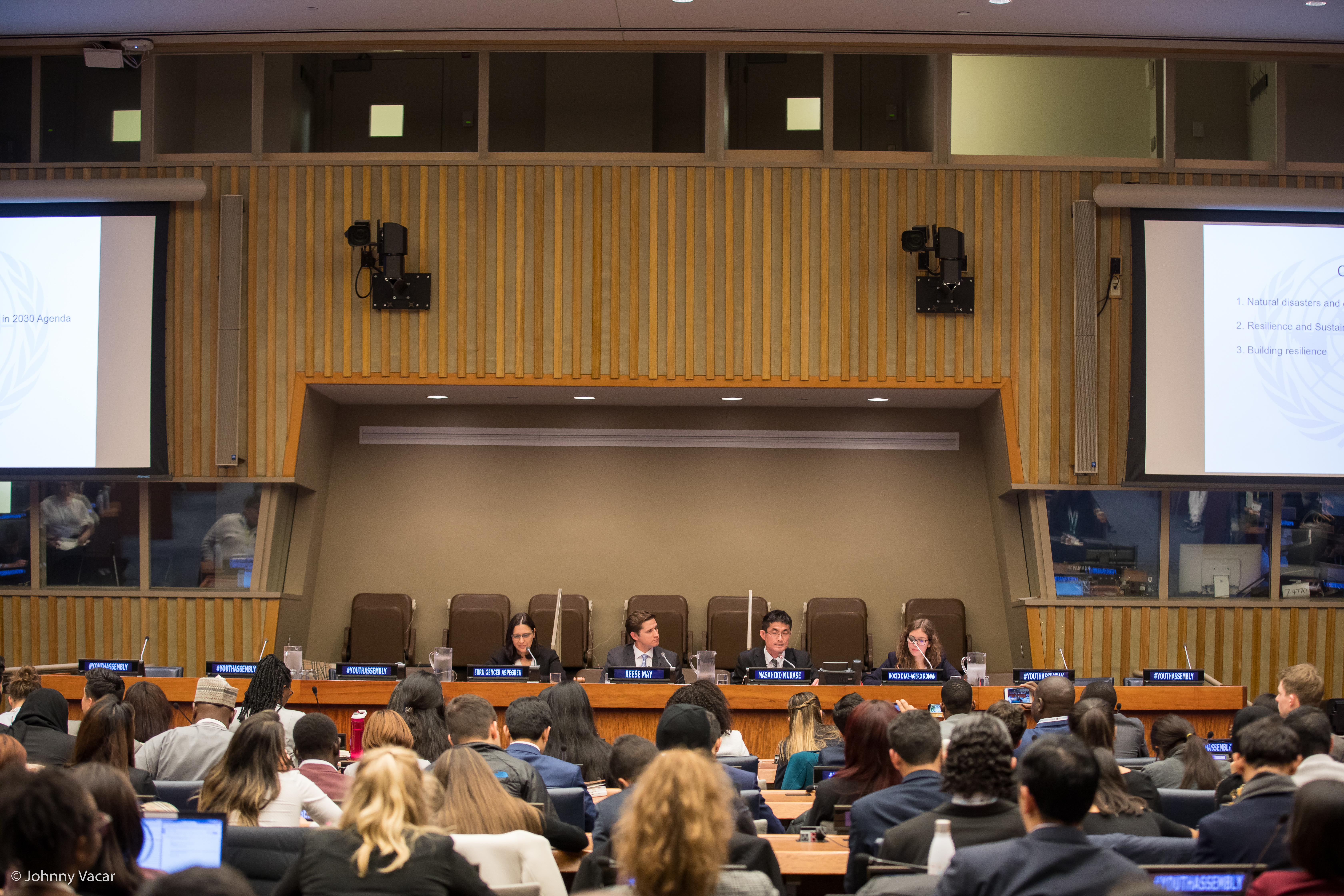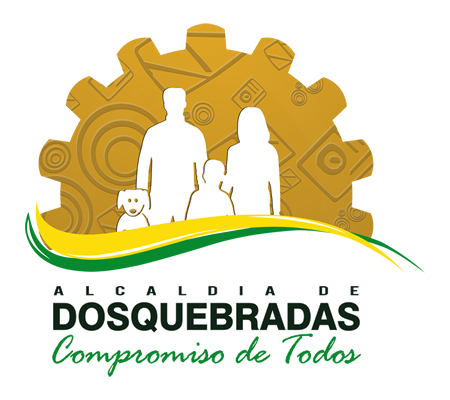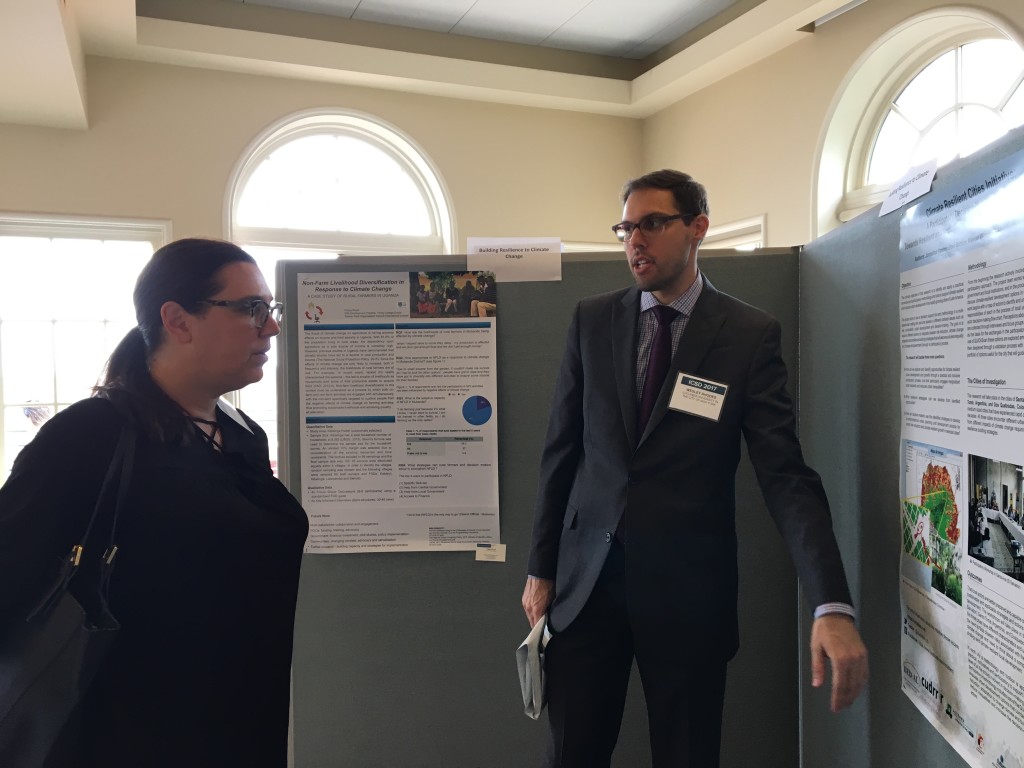During 6-7 December, 2017, CUDRR+R and partners IIED-AL and ALTERRA brought together the 3 project cities (Santa Ana, El Salvador; Dosquebradas, Colombia; and Santa Tome, Argentina), city authorities and their local partners together at a workshop in Panama City, Panama. Organized in partnership with UNISDR Americas office, the workshop aimed to develop a conversation on project process, challenges and lessons learned, while providing a city-to-city exchange and discussing next steps for implementation.
The workshop also provided the city authorities with an array of resilience options, including those that are applied in the City of Panama with partnership with RC100 (100 Resilient Cities) and globally and throughout the Americas via the Making Cities Resilient Campaign. The 3 Cities used the tools of the Campaign to assess their resilience and officially joined it as a sign of their commitment to resilience.
Thank you to all other partners that joined the workshop and to our funding organizations CDKN, FFLA and IDRC as part of the Climate Resilient Cities Initiative.
To learn more about the workshop, please see the opinion piece published by CDKN:https://cdkn.org/2017/12/opinion-reflections-achieving-climate-resilience-latin-american-cities/?loclang=en_gb